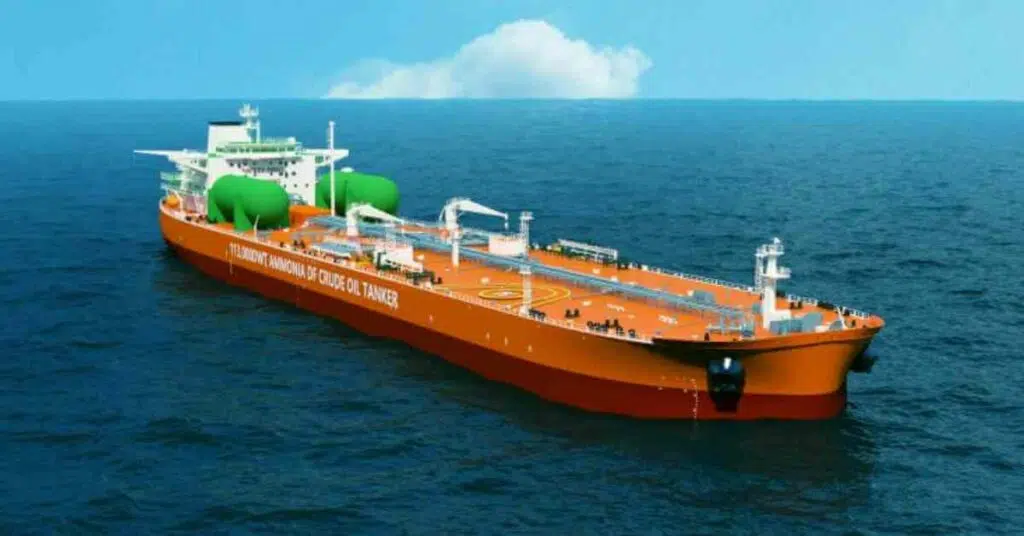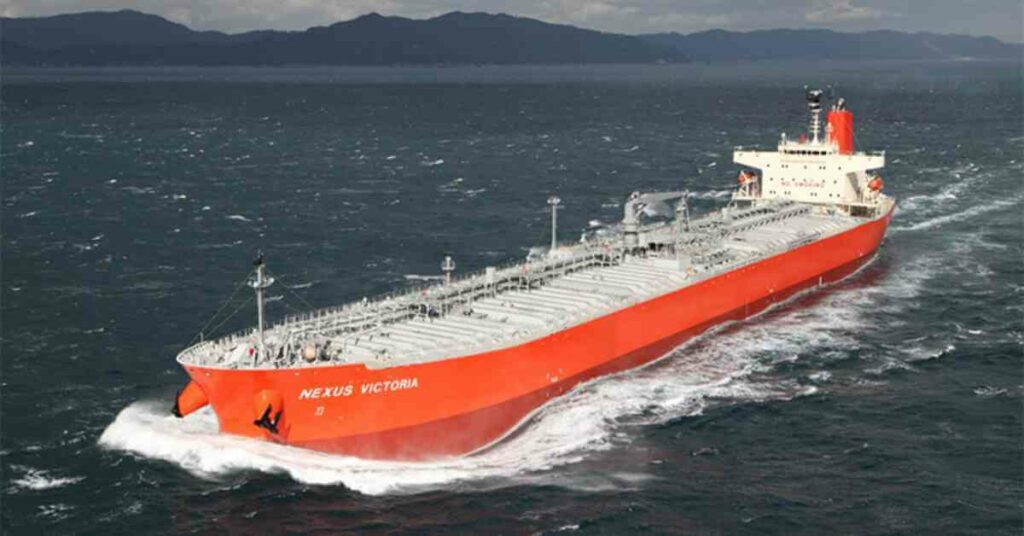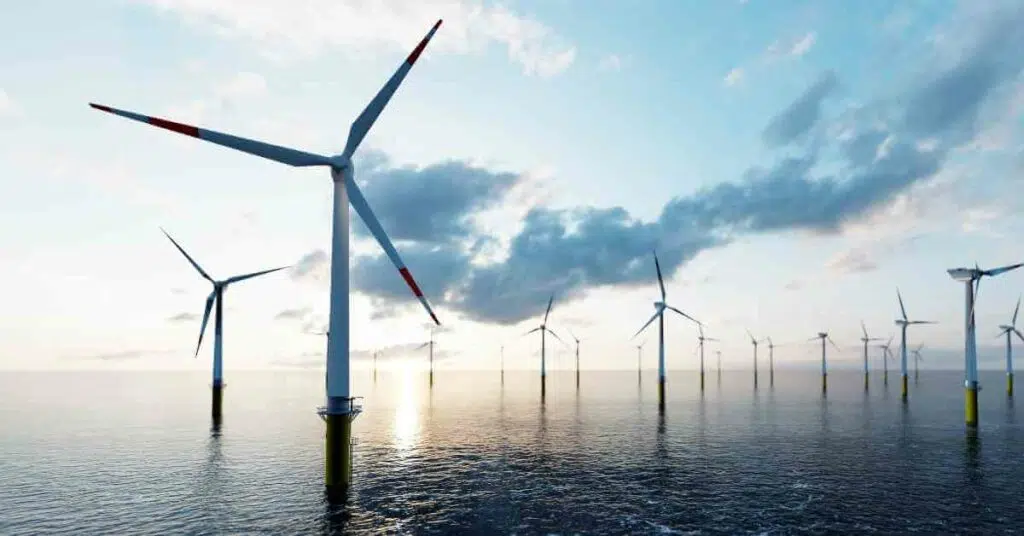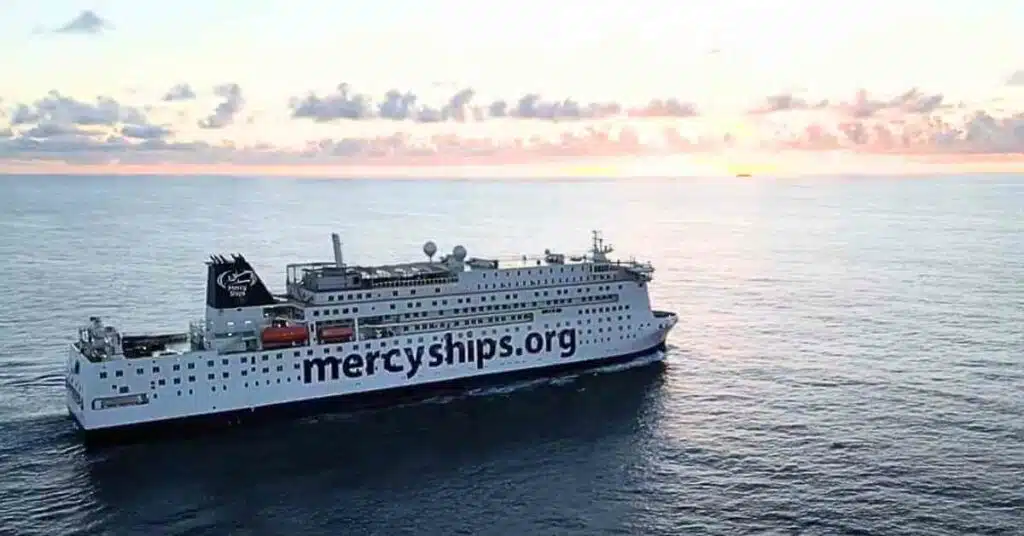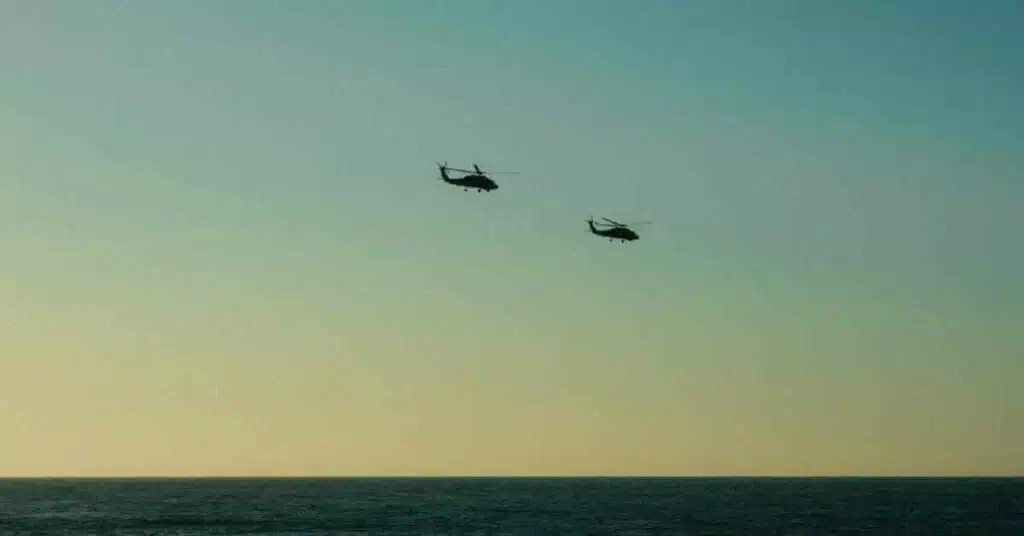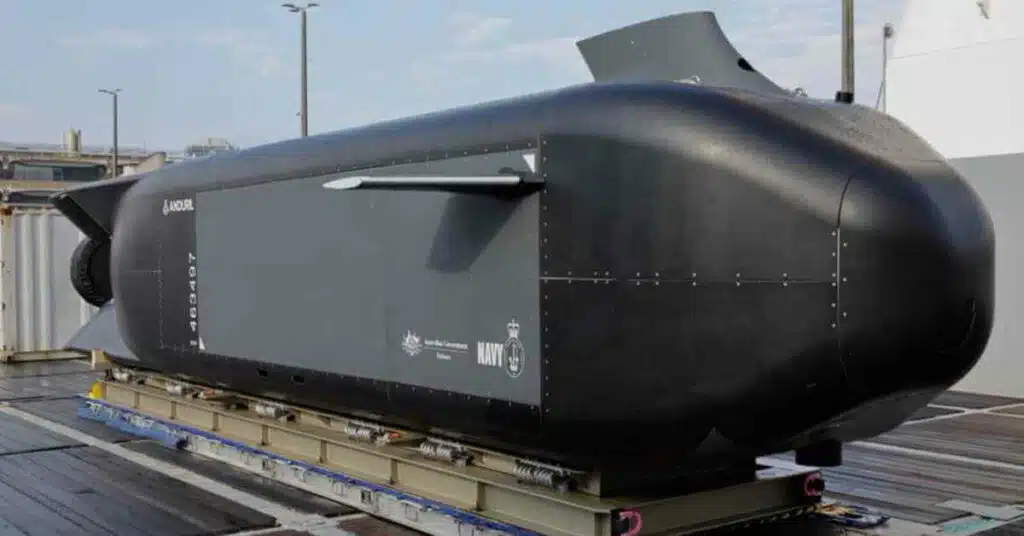BIMCO Demands 4th IMO GHG Study Based On Realistic Economic Growth
BIMCO has proposed that the Fourth International Maritime Organization (IMO) Greenhouse Gas Study does not include unrealistically high gross domestic product (GDP) growth projections to predict future transport demand – and thereby emissions – of the shipping industry. The proposal has been made to the expert workshop preparing for the study, which is meeting in London 12-14 March.
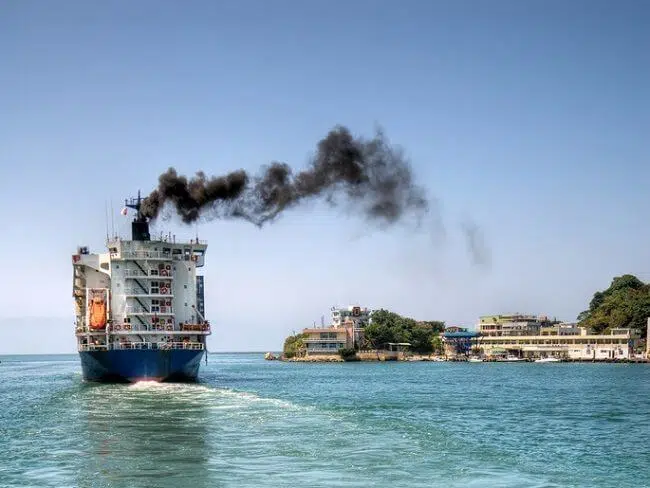
“It is imperative that the industry – and the world – base discussions and actions to reduce emissions from shipping on credible and realistic projections. If not, we risk making the wrong decisions and spending resources ineffectively,” says Lars Robert Pedersen, BIMCO Deputy Secretary General.
BIMCO argues that the Fourth IMO GHG Study should avoid scenarios 1 and 5 of the International Panel on Climate Change (IPCC) Shared Socio-economic Pathways (SSP), as these scenarios project considerably higher and unrealistic short- to mid-term economic growth (as much as two percentage points higher) than current economic trends and OECD (Organisation for Economic Cooperation and Development) projections. It should be noted that only the lowest of the five SSPs (scenario 3) has compounded growth in line with current OECD projections.
“The previous study’s most pessimistic projection of a 250% increase in CO2 emissions from shipping has since proven to be totally unrealistic, given the actual and projected economic development of the world. Unfortunately, the 250% projection has frequently been used as a stick against the shipping industry and to shape regional policy. BIMCO wants to avoid that happening again,” Pedersen says.
BIMCO has collaborated with CE Delft, the consultancy that modeled and calculated the Third IMO GHG Study’s projections in 2014 for future GHG emissions from ships. The revised calculation includes the most recent OECD GDP projections.
The report highlights, that when using a more realistic GDP growth scenario, the shipping industry is projected to achieve an absolute reduction of 20% versus the target of an absolute emission reduction of 50% by 2050 compared to 2008.
“We will need new solutions, in addition to traditional efficiency measures, to reach the 2050 target. But to pick the right solutions, we need realistic projections,” Pedersen says.
Lower transport work projections have recently been supported by two other studies: “Energy Transition Outlook 2018: Maritime Forecast to 2050” by DNV-GL and “Transport 2040 – Automation, Technology and Employment – The Future of Work” by the World Maritime University.
Both studies have decoupled the correlation between the growth in GDP and transport demand after 2030, and both studies arrive at projections well below the BIMCO/CE Delft recalculation of the Third GHG Study. BIMCO also suggests that the IMO expert workshop take the decoupling of GDP growth and transport work into consideration.
Reference: bimco.org
Disclaimer :
The information contained in this website is for general information purposes only. While we endeavour to keep the information up to date and correct, we make no representations or warranties of any kind, express or implied, about the completeness, accuracy, reliability, suitability or availability with respect to the website or the information, products, services, or related graphics contained on the website for any purpose. Any reliance you place on such information is therefore strictly at your own risk.
In no event will we be liable for any loss or damage including without limitation, indirect or consequential loss or damage, or any loss or damage whatsoever arising from loss of data or profits arising out of, or in connection with, the use of this website.
Disclaimer :
The information contained in this website is for general information purposes only. While we endeavour to keep the information up to date and correct, we make no representations or warranties of any kind, express or implied, about the completeness, accuracy, reliability, suitability or availability with respect to the website or the information, products, services, or related graphics contained on the website for any purpose. Any reliance you place on such information is therefore strictly at your own risk.
Do you have info to share with us ? Suggest a correction
About Author
Marine Insight News Network is a premier source for up-to-date, comprehensive, and insightful coverage of the maritime industry. Dedicated to offering the latest news, trends, and analyses in shipping, marine technology, regulations, and global maritime affairs, Marine Insight News Network prides itself on delivering accurate, engaging, and relevant information.

About Author
Marine Insight News Network is a premier source for up-to-date, comprehensive, and insightful coverage of the maritime industry. Dedicated to offering the latest news, trends, and analyses in shipping, marine technology, regulations, and global maritime affairs, Marine Insight News Network prides itself on delivering accurate, engaging, and relevant information.
Latest Shipping News Articles You Would Like:
Subscribe To Our Newsletters
By subscribing, you agree to our Privacy Policy and may receive occasional deal communications; you can unsubscribe anytime.




